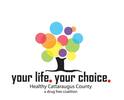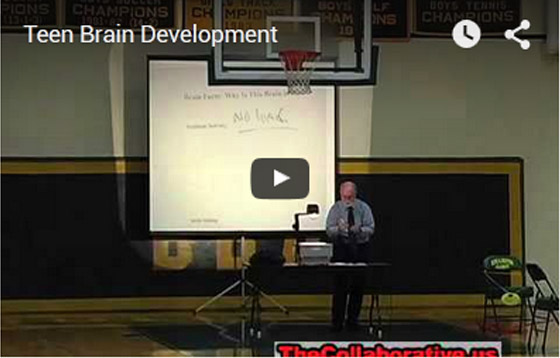|
Alcohol use by persons under age 21 years is a major public health problem. Alcohol is the most commonly used and abused drug among youth in the United States, more than tobacco and illicit drugs , and is responsible for more than 4,700 annual deaths among underage youth . Although drinking by persons under the age of 21 is illegal, people aged 12 to 20 years drink 11% of all alcohol consumed in the United States. More than 90% of this alcohol is consumed in the form of binge drinks. On average, underage drinkers consume more drinks per drinking occasion than adult drinkers. In 2010, there were approximately 189,000 emergency rooms visits by persons under age 21 for injuries and other conditions linked to alcohol. Alcohol can cause alterations in the structure and function of the developing brain, which continues to mature into a person's mid 20s, and it may have consequences reaching far beyond adolescence. In adolescence, brain development is characterized by dramatic changes to the brain's structure, neuron connectivity (i.e., "wiring"), and physiology. These changes in the brain affect everything from emerging sexuality to emotionality and judgment. READ MORE... |
How Alcohol Affects the Brain Alcohol affects an adolescent's brain development in many ways. The effects of underage drinking on specific brain activities are explained below. Alcohol is a central nervous system depressant. Alcohol can appear to be a stimulant because, initially, it depresses the part of the brain that controls inhibitions. CEREBRAL CORTEX—Alcohol slows down the cerebral cortex as it works with information from a person's senses. CENTRAL NERVOUS SYSTEM—When a person thinks of something he wants his body to do, the central nervous system—the brain and the spinal cord—sends a signal to that part of the body. Alcohol slows down the central nervous system, making the person think, speak, and move slower. FRONTAL LOBES—The brain's frontal lobes are important for planning, forming ideas, making decisions, and using self-control. When alcohol affects the frontal lobes of the brain, a person may find it hard to control his or her emotions and urges. The person may act without thinking or may even become violent. Drinking alcohol over a long period of time can damage the frontal lobes forever. READ MORE... |
Drinking Reality |
Click to set custom HTML
|
|
Consequences of Underage Drinking
Youth who drink alcohol are more likely to experience school problems, such as higher absence and poor or failing grades. Social problems, such as fighting and lack of participation in youth activities. Legal problems, such as arrest for driving or physically hurting someone while drunk. Physical problems, such as hangovers or illnesses. Unwanted, unplanned, and unprotected sexual activity. Disruption of normal growth and sexual development. Physical and sexual assault. Higher risk for suicide and homicide. Alcohol-related car crashes and other unintentional injuries, memory problems. Abuse of other drugs. Changes in brain development that may have lifelong effects. Death from alcohol poisoning. READ MORE... |
Teenagers and young adults get involved with alcohol and drugs for many reasons. Some examples include: Curiosity: They want to know what it feels like to get high or be drunk. Peer pressure: Their friends are doing it. Acceptance: Their parents or role models are doing it. Defiance: They want to rebel against societal rules. Risk-taking behaviors: They need to send out a call for help. Thrill-seeking activities: They want to experience something other than numbness. Boredom: They feel they have done everything else exciting. Independence: They want to make their own decisions. Pleasure: They want to feel good READ MORE... |
|
Michael Nerney, an internationally known lecturer, is a consultant with more than 26 years of experience in the field of Substance Abuse Prevention and Education. As a former director of the Training Institute of Narcotic and Drug Research, Inc. (NDRI), Nerney was responsible for management of statewide training for substance abuse treatment and prevention professionals. Nerney has served as consultant to a number of federal and state agencies and is a consultant for two of the major television networks. He most recently appeared on the ABC program “20/20”. |

